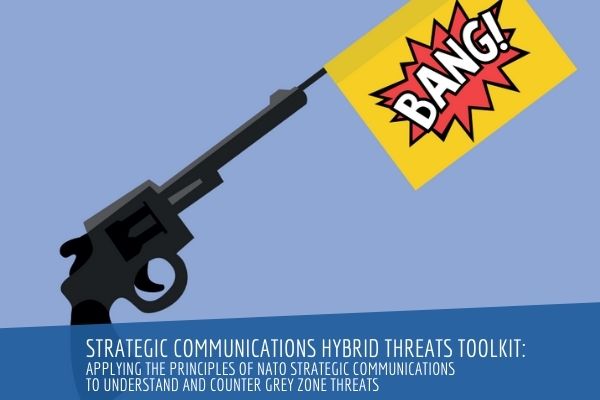This is one of the Case Studies from the report "Hybrid Threats. A Strategic Communications Perspective".
You can access the full report here.
Executive Summary
In 2008, the Russian Federation used ‘humanitarian’ assets in support of the separatist populations of Abkhazia and South Ossetia, two regions of Georgia, which both declared independence in the early 1990s. In this case study, the Russian government used what it termed ‘humanitarian assistance’ as an instrument to pursue broader policy goals that were not humanitarian in nature. Moscow relied on relief efforts and the language of humanitarianism to present itself as a neutral and impartial actor and to justify its continued support for the residents and de facto authorities of Abkhazia and South Ossetia, despite Georgian protests against its continued involvement. These humanitarian activities were utilised to strengthen the political and social ties between Russia and the Abkhaz and South Ossetian populations and to weaken their allegiance to the Georgian state. Russia’s ‘humanitarian’ activities demonstrated Georgia’s incapability to prevent Russian intervention in its domestic affairs and physical territory, as well as its inability to assert its authority over Abkhazia and South Ossetia.
Key Points
- The instrumental use of law is not limited to armed conflict but also occurs in peacetime. The term ‘lawfare’ may be too narrow, if applied to describe the (mis)use of law as a substitute for conventional military means, to capture the instrumental use of legal arguments outside of armed conflict and the military context.
- Russia used the law in an instrumental manner as part of a broader narrative. Legal arguments can serve both as a source of legitimacy, and as a tool to delegitimise an adversary. In the Georgian scenario, Russia’s arguments were designed to promote a narrative of legality and legitimacy, rather than to actually make a compelling legal case.
- Western nations and institutions should conceptualise law as a domain in order to counter it more effectively when used in a hostile manner. This would also foster a more dynamic approach to the use of law and legal argument to counter hybrid threats.






